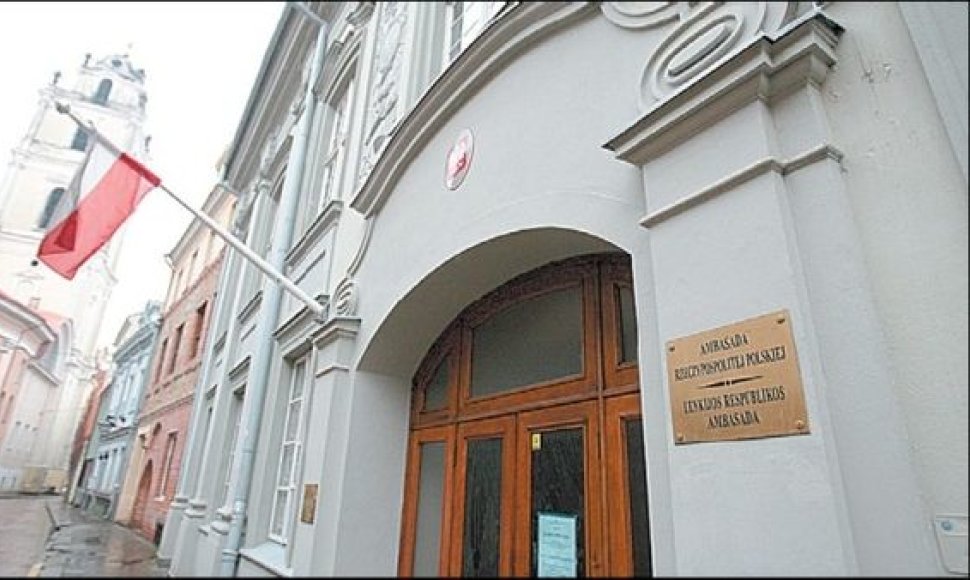The group of MPs want to amend the Law on Election to the Seimas, including a provision that "a Lithuanian citizen, having a foreign state document issued pursuant to laws of that foreign state and granting certain political, social, economic and (or) cultural rights in that state and issuance and possession of which, pursuant to laws of that state, is related the holder's commitments to interests of that foreign state, cannot be elected a member of the Seimas."
If it emerged that a member of the Seimas had citizenship of another state and failed to inform the Central Electoral Commission and, following the procedure established by laws, renounce the citizenship, then his or her mandate would be automatically cancelled.
The group includes conservatives Valentinas Stundys, Stasys Šedbaras, Rytas Kupčinskas, nationalists Gintaras Songaila, Kazimieras Uoka, liberal Gediminas Navaitis, etc. They say amendments are needed in the wake of "the problem that emerged after Polish officials started distributing Pole's Cards to Lithuanian citizens."
Over 1,000 Lithuanian citizens are being given Pole's Cards, criticized by Lithuanian authorities, every year, statistics have shown. The Polish Embassy in Vilnius informed BNS that 1,024 people received the document last year, down slightly from 1,197 in 2010. All in all, over 4,000 such documents have been issued.
Critics say the Pole's Card is incompatible with the oath to Lithuania as a holder of the Card is required to be loyal to the Polish nation and interests of the Republic of Poland. Moreover, the fact that such documents are issued only to residents of post-Soviet countries and not worldwide has also stirred controversy. Critics say that this way the Baltic states, which were occupied in 1940, are put in the same line with former Soviet republics.
Pole's Cards are issued to people who express their will in writing to be considered part of the Polish nation and who can prove that at least one of their parents, grandparents or great-grandparents was of the Polish descent or was a Polish citizen.
A Pole's Card holder can be issued a free long-term visa, legally work in Poland, engage in business activity on the same conditions as Polish citizens, has the right to free education, can buy discounted train tickets and visit state museums without entrance fees.












